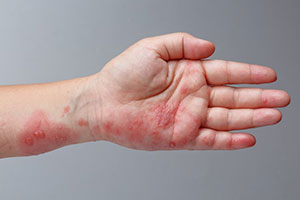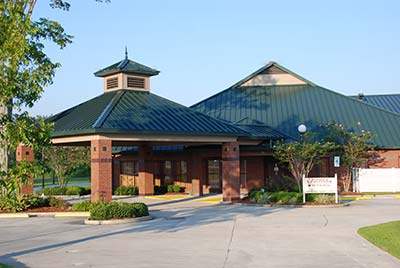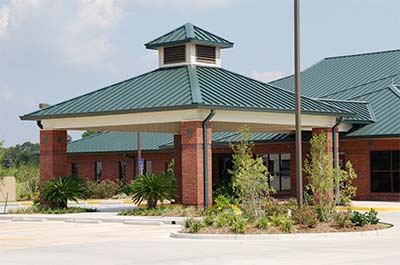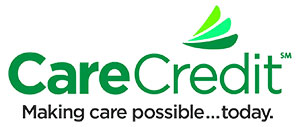Shingles Q & A's
What is shingles?
Shingles is a condition that causes a painful rash to develop in small areas of your body. The rash typically forms on the left or right side of your torso. Symptoms of shingles include:
- Burning pain
- Sensitivity to touch
- Numbness or tingling
- Blisters
- Itching
Some people with shingles also develop a fever or headache. Shingles is caused by the same infection that causes chickenpox (varicella-zoster virus). If you’ve had chickenpox in the past, the virus remains dormant in your nervous system and can sometimes reactivate, resulting in shingles.
Who gets shingles?
Not everyone who has recovered from chickenpox gets shingles. Although the reason the varicella-zoster virus reactivates only in some people isn’t known, several factors can increase your risk, including:
- Age
- Cancer treatment
- Certain medication
- Having a weakened immune system
Shingles most commonly affects people over the age of 50. Experts believe the prevalence of shingles in older adults is linked to age-related changes to the immune system. Certain conditions and medical treatments can also weaken your immune system, increasing your risk of developing shingles.
Can shingles be prevented?
Two vaccines can help you avoid shingles. If you’re an adult who never had chickenpox, you may want to consider the chickenpox vaccine.
Although the chickenpox vaccine doesn’t guarantee that you won’t get chickenpox or shingles, it does reduce your risk and can help you avoid serious complications of either condition.
If you’ve had chickenpox in the past, the shingles vaccine can help you protect yourself against the condition. The shingles vaccine is typically recommended for people over the age of 50 or 60. The specialists at Headache & Pain Center,amc can help you determine which vaccine is right for you.
How is shingles treated?
Without proper treatment, shingles can lead to serious complications like chronic nerve pain, vision loss, or skin infections. Although there is no cure for shingles, your doctor may prescribe antiviral drugs to help you heal and reduce your risk of complications.
At-home measures like taking a cool bath or using a cool, wet compress can help relieve your shingles pain.
If your shingles results in damage to your nerve fibers (postherpetic neuralgia), Headache & Pain Center,amc also offers nerve blocks to eliminate your pain. To speak with a doctor about your condition, call or book your appointment online today.



